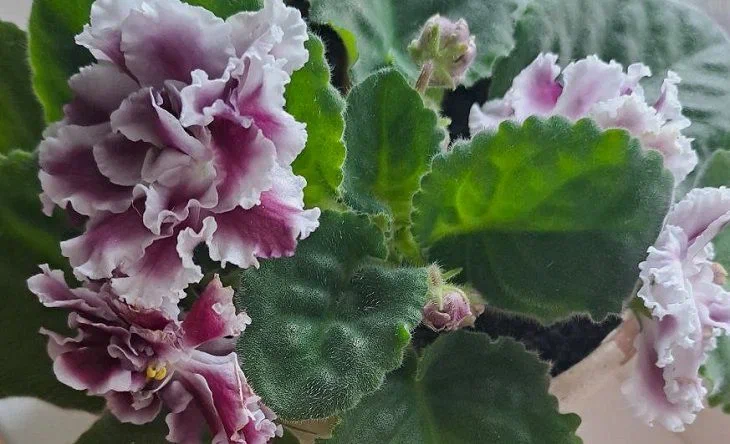Effective fertilizer for violets: fast growth and beautiful flowering
Violets are real beauties among indoor plants. However, if you want your plants to grow strong and healthy, we have a special fertilizer recipe for you that will help them thrive.
Today you will learn how to create a homemade fertilizer based on yeast, known for its beneficial properties, which will become a real "elixir of life" for your violets.
Anastasia Kovrizhnykh , an expert of the online publication "BelNovosti", an agronomist and landscape designer, told how to feed violets.
Making Fertilizer
To prepare this effective fertilizer you will need the following ingredients:
• 1 tablespoon dry yeast;

• 10 liters of warm water;
• 30 grams of sugar.
The preparation procedure is very simple: mix dry yeast with warm water and sugar, then leave for some time to infuse.
Then the resulting solution must be diluted 5 times with settled water and the violets must be watered with the resulting mixture.
Dosage adjustment
If you don't need such a large amount of fertilizer, you can reduce the dosage of the ingredients.
For example, for 1 liter of water, take 1 gram of yeast and 1 teaspoon of sugar. This feeding method will provide the violets with nitrogen, and you will see the results in a week.
Important recommendations
It is important to follow the recommendations for using the fertilizer: use it throughout the year, reducing the frequency in winter to once a month and increasing it in summer to once a week.
However, remember that over-fertilizing may affect foliage growth more than flower production.
Conclusion
With our secret yeast fertilizer recipe, your violets will become a real decoration of your home, giving you incredible colors and a feeling of joy from their growth.
Previously, we talked about how to protect an area from ice without salt.
